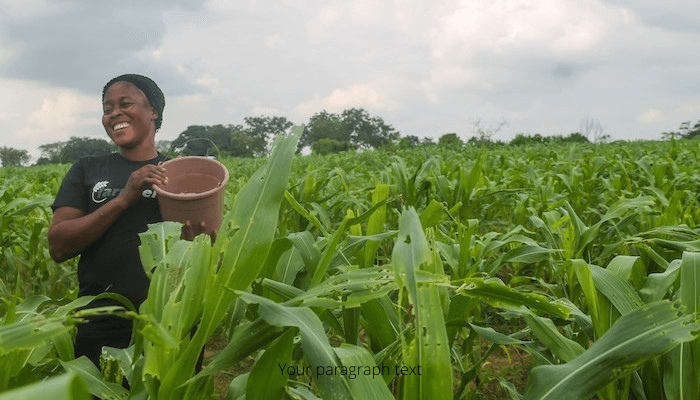Agrotech startups in Africa have raised $1.56 billion since 2014 across over 700 investments, according to Briter Bridges.
The data insight firm revealed this in its AgBase report. It noted that the majority of AgTech funding was raised by half (426) of the 745 active AgTech between 2021 and 2022, featuring three deals over $50 million (Gro Intelligence, MaxAB, ThriveAgric, Apollo Agriculture, Twiga Foods) and one deal over $100 million (Wasoko)
Over the last decade, this period accounted for over 50 percent of all funding. According to the State of AgTech Investment in Africa 2024 report, the ecosystem saw significant growth in funding volume year-on-year and a higher number of deals compared to previous periods, with increasing funder activity, rising median ticket size, and several mega-deals above $50 million.
However, by 2023, the growth had slumped, with the total volume of funding to the sector dropping by more than 50 percent.
“This period saw less commercial funding available, and a larger share of deals being debt or grants than before. This trend has continued in 2024 with several late-stage AgTechs closing down, growth-stage funders consolidating around a few proven startups, and more and more funders emphasising impact and food security alongside financial returns.
“However, while lower than the preceding two years, this new baseline for AgTech is about 50 percent higher than where the ecosystem was in 2019 and 2020,” the report read.
Briter Bridges pointed out that Agtech funding has largely been concentrated in a few select markets, with Nigeria, Kenya, and Egypt being the top-funded countries. It noted that Ghana, Tanzania, and Uganda are catching up by the number of deals, and in Ethiopia, Zambia, and Mozambique, AgTech represents more than 30 percent of the total funding in their overall startup ecosystems.
Read also: Agrotech firm devises measures for labelling products
Over the past year, 131 AgTech companies raised $215 million across 158 deals, making up 11 percent of total funding and 23 percent of deals in Africa’s digital and tech sectors.
The firm revealed that “most funded companies (70 percent) have been active for over three years, with some newcomers entering through accelerator rounds. Funding dropped slightly by 2 percent compared to the previous year, while the number of deals rose from 147 to 158.”
It noted that African Agtechs have been pretty diverse, with several female-led teams. However, funding for them has been limited, mirroring the funding trend in the larger tech ecosystem.
“In the past decade, nearly 30 percent of funded AgTechs had at least one woman founder, with 14 percent having all-women founding teams. On deals, 27 percent involved teams with at least one woman, however, only 14 percent of the funding volume went to these teams,” it explained.
Also important, AgTech startups reporting the use of artificial intelligence (AI) have seen a gradual increase in the share of AgTech deals. While the deal flow has fluctuated a bit over time, AI Agtech startups have generally accounted for 10 percent of deals to AgTechs.
It added, “The last year has seen a big increase, with AI-related deals growing from 9 percent to 15 percent. However, funding has been limited.
“Over the last twelve months, AgTechs using AI have only raised $378,000, which is less than 1 percent of the total funding to AgTechs over this period. The gap between funding volumes and deals reflects the nascent nature of AI in AgTech in Africa.”
